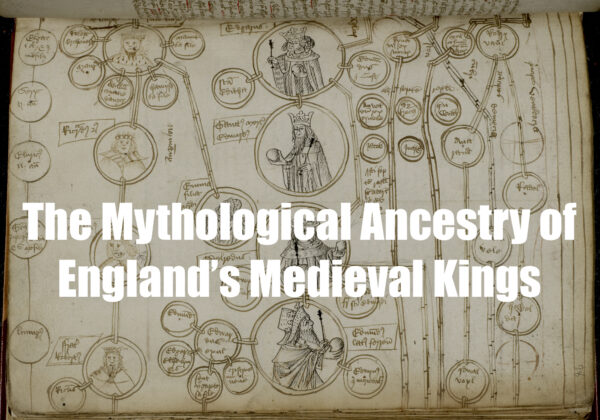
"What do a pagan war god and a serpent-tailed fairy have in common? Both were claimed as ancestors by England's medieval kings, who used myth and legend to elevate their status and reinforce their right to rule."
"Underneath the glamour and glitz of the throne, the authority of a king was an individual and personal rather than institutional construct, requiring cooperation from broad segments of the aristocracy."
"The size of the royal demesne in England also left a considerable gap between the wealth and military capabilities of the kings and their most powerful subjects."
"Royal leadership meant accommodation and compromise as much, if not more so, than it did domination and proclamation, reflecting the highly personal relationships of medieval governance."
The article discusses the intertwining of myth and history in England's medieval kingship, highlighting how rulers claimed legendary ancestry to bolster their legitimacy. It emphasizes that authority during this time was not solely derived from institutional power but also from personal relationships with the aristocracy. The article notes that effective governance required the cooperation of local nobility, as kings could not solely rely on military strength or their wealth. Additionally, it reflects on the dynamic and sometimes unpredictable nature of royal-aristocratic negotiations, pointing to the complexities of medieval political structures.
Read at Medievalists.net
Unable to calculate read time
Collection
[
|
...
]